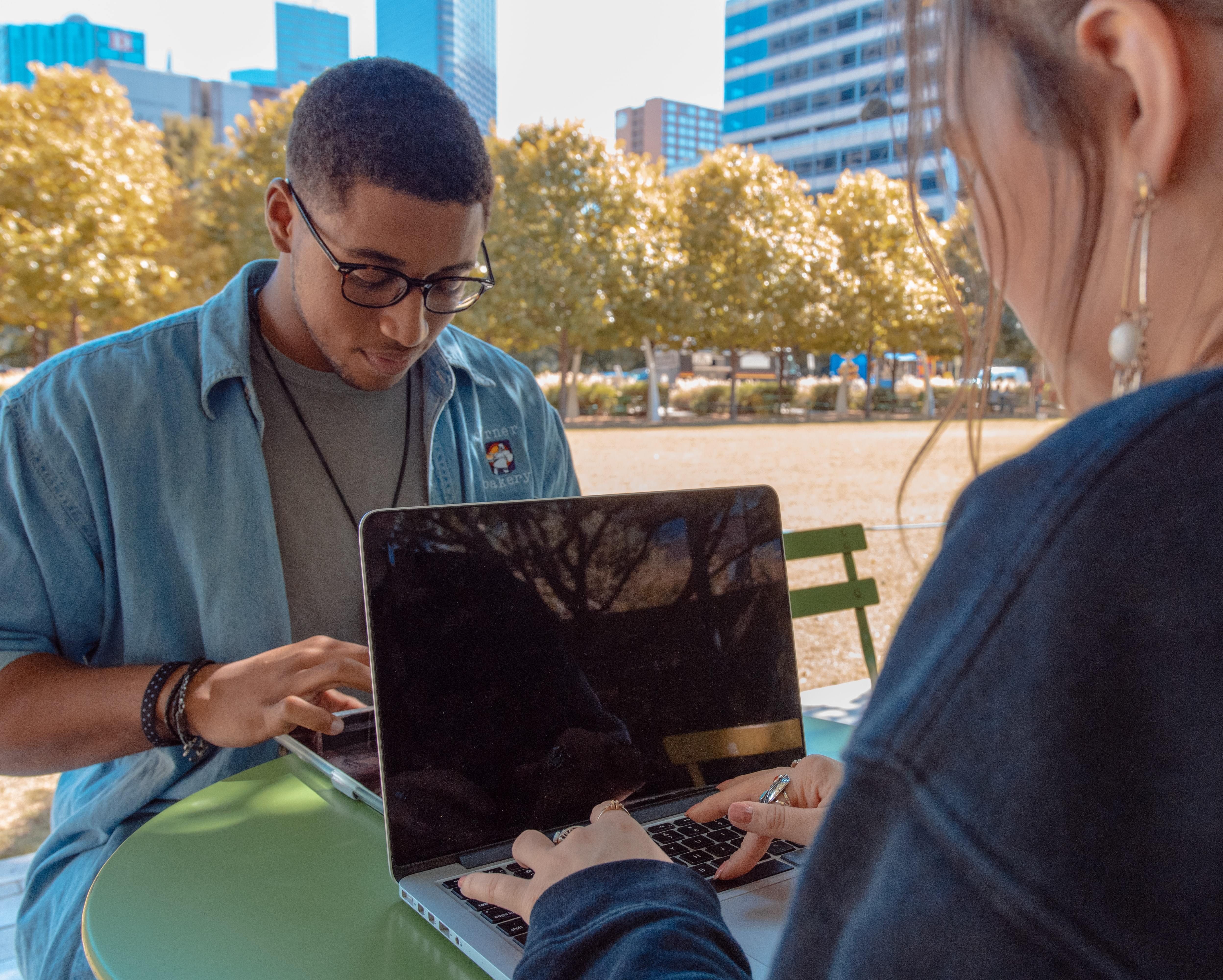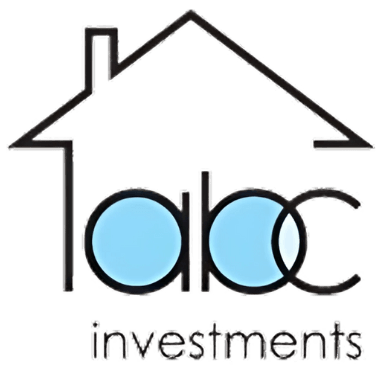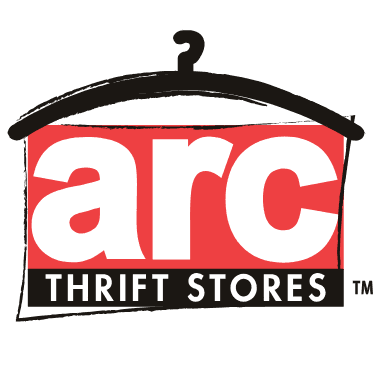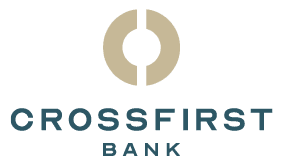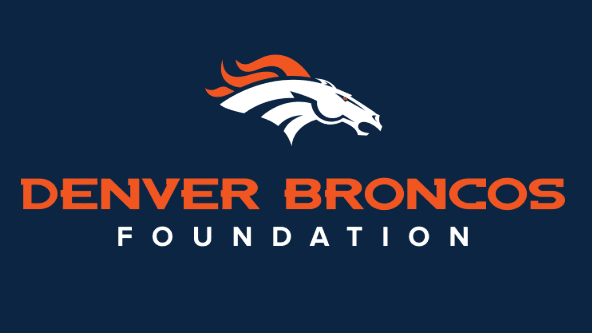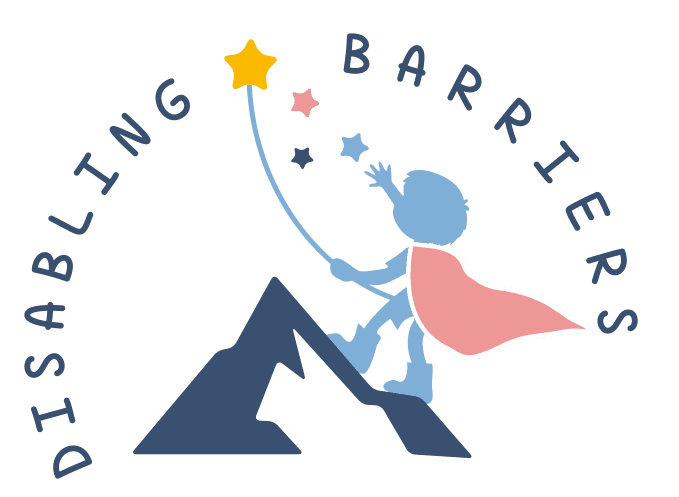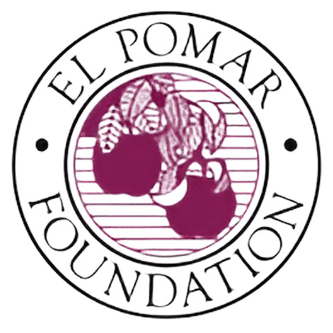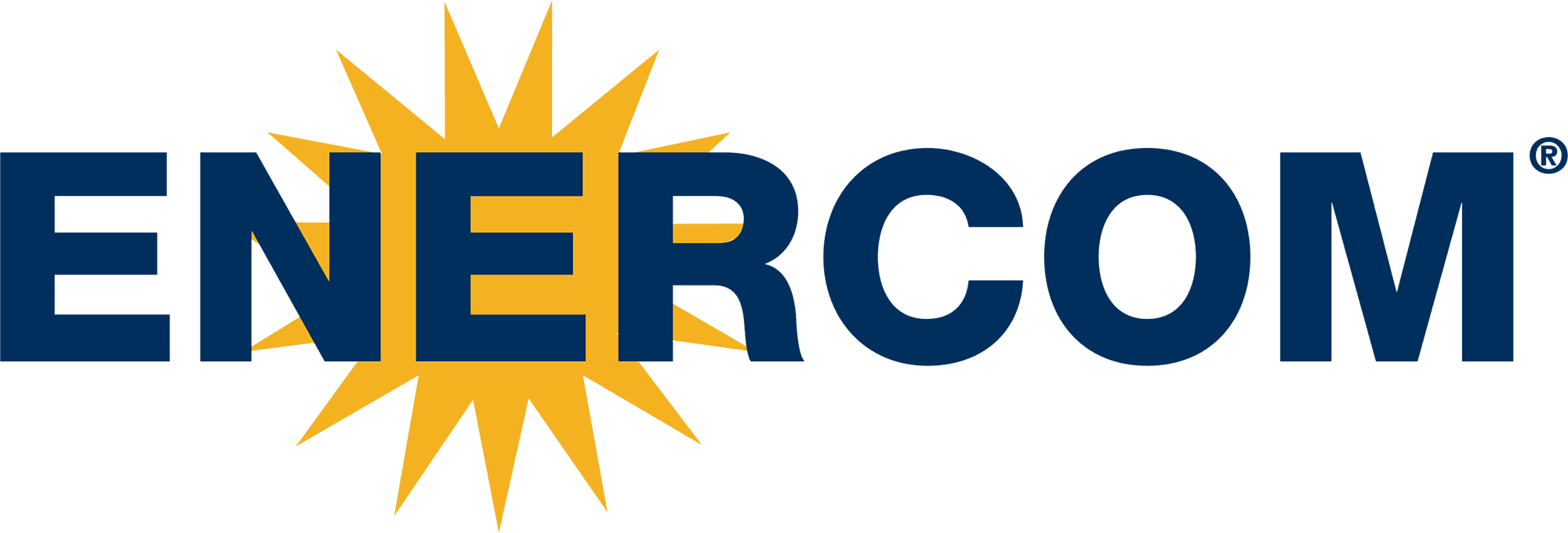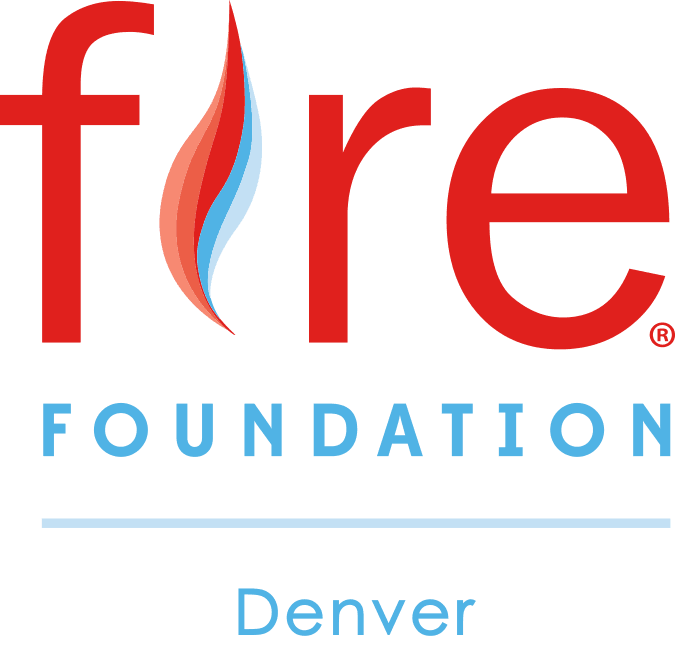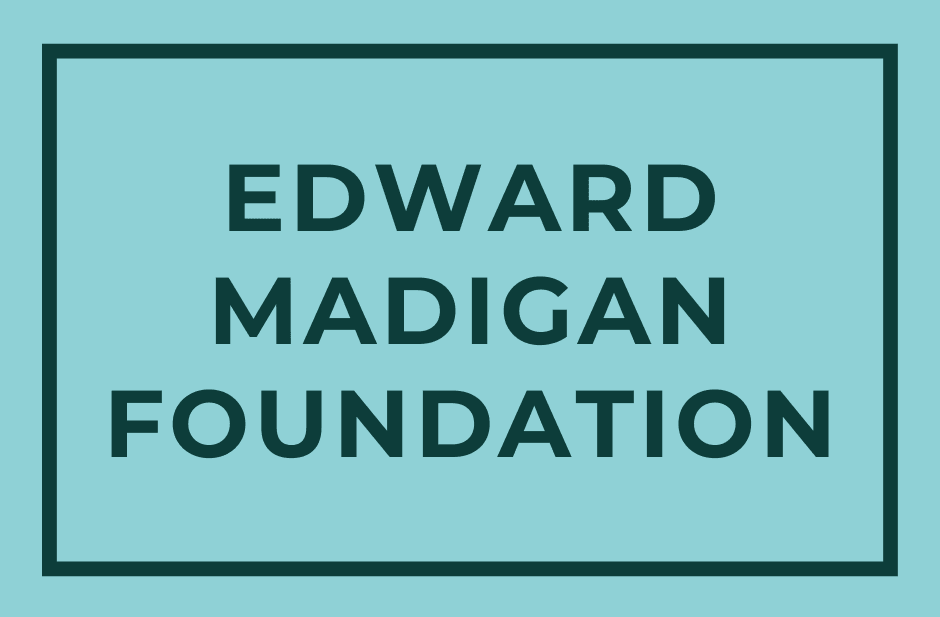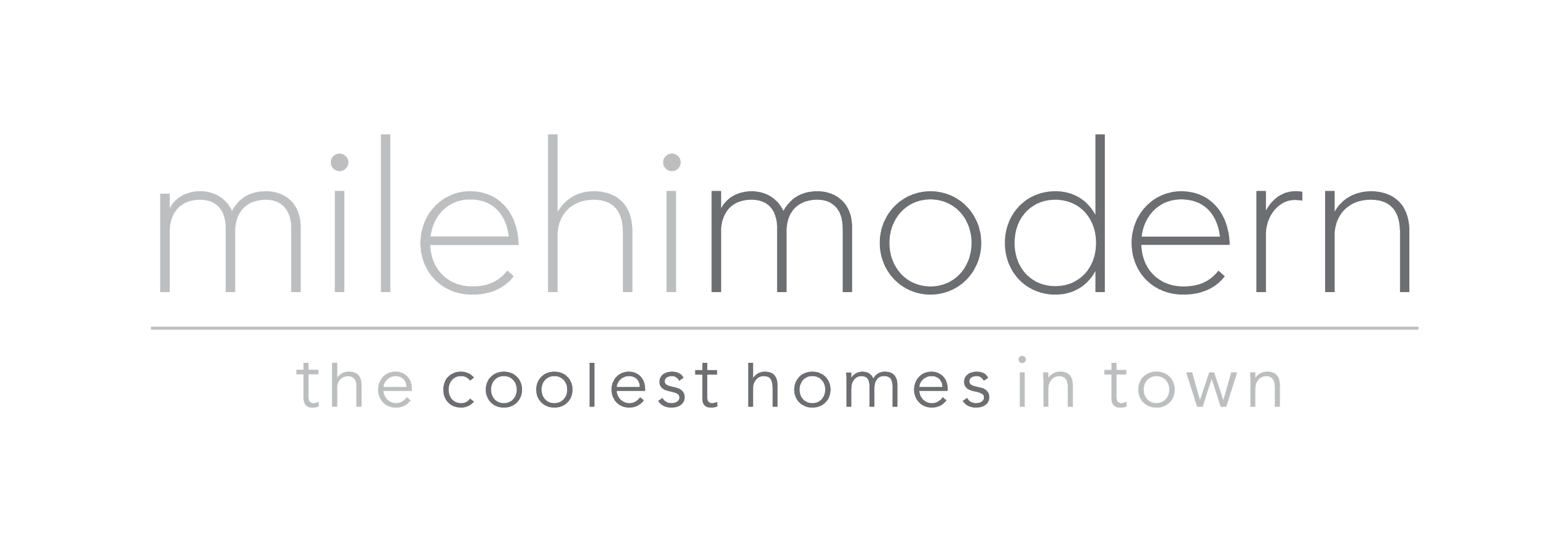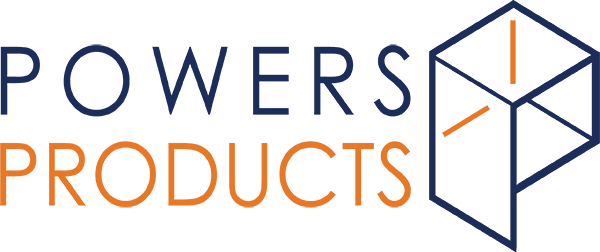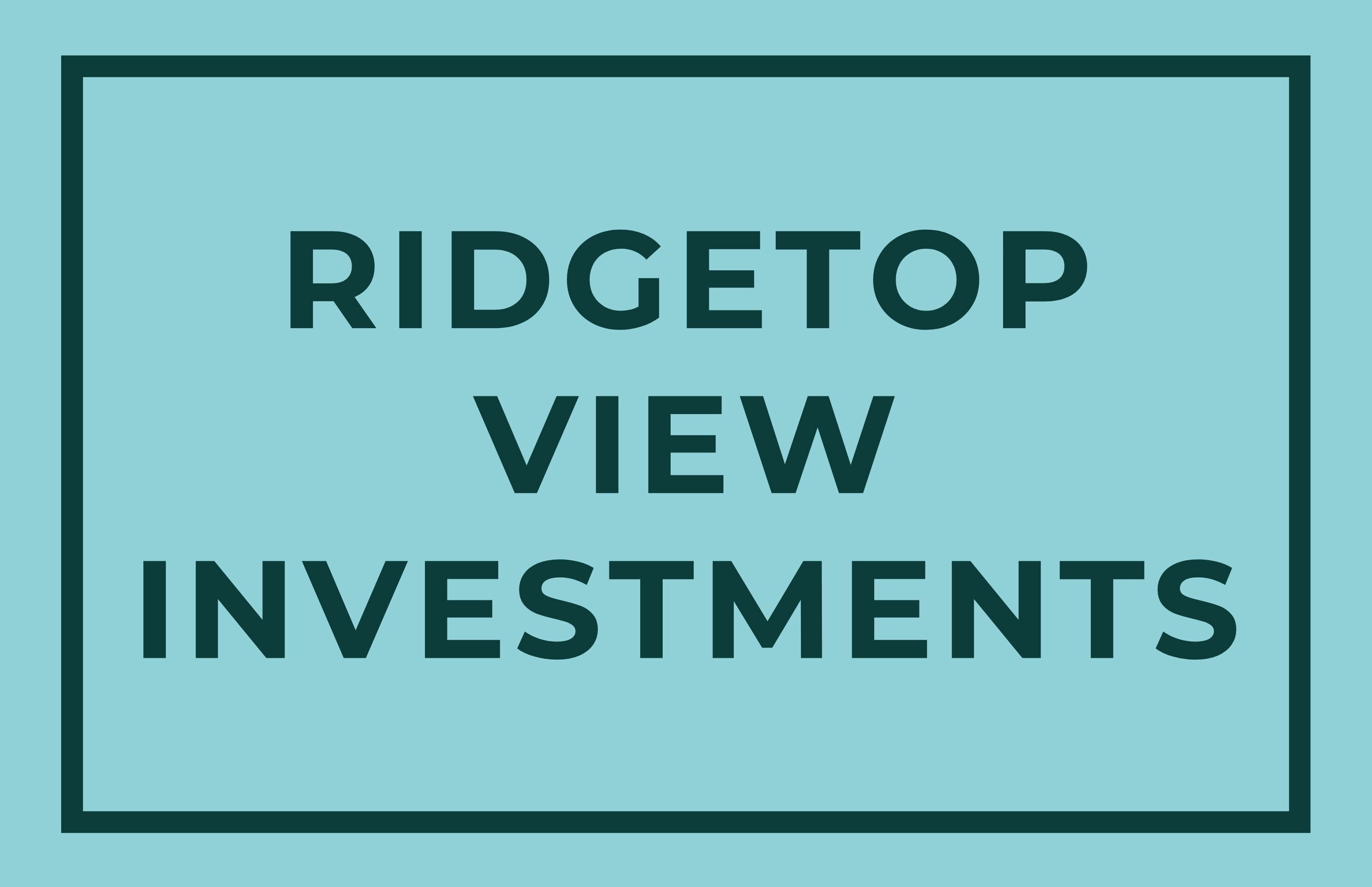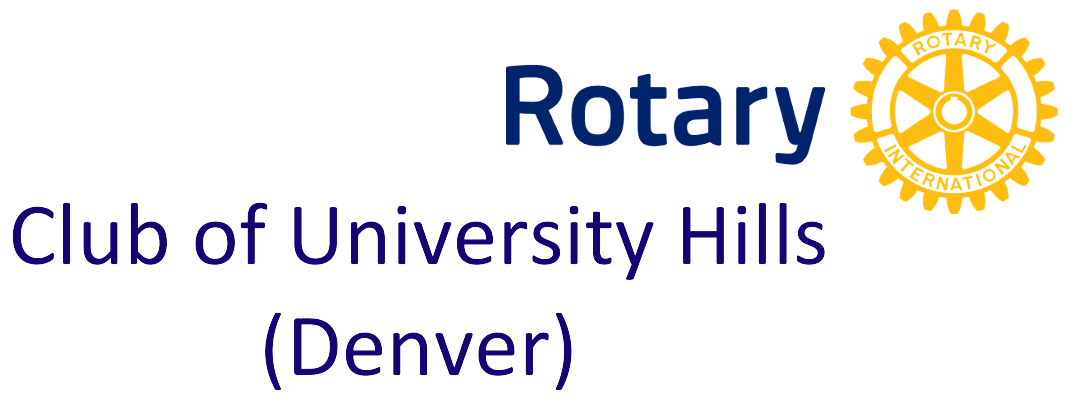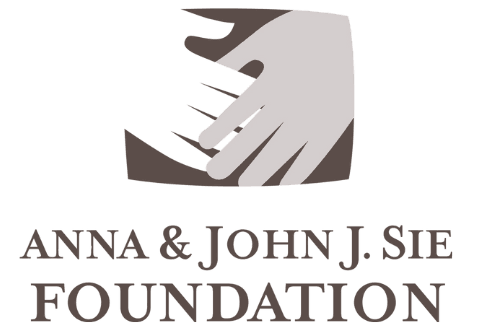Why College?
Many individuals with intellectual disability (ID) desire the same opportunities as any other student and wish to pursue a college education that provides the potential to achieve a more fulfilling and independent life.
According to a study conducted by the College Transition Connection, students with ID who have post-secondary experience are much more likely to attain competitive employment, require less on–the–job support, and have higher self–esteem (College Transition Connection).
Nationally, students with ID who are completing inclusive college programs are experiencing many of the advantages of higher education, including increased job diversity, higher wages, and greater independence. Choosing college and their own career path enables individuals with ID to earn a living wage. See this helpful resource guide from ThinkCollege.net to find out more.
Your Role as an Educator
“Your beliefs and expectations have a greater impact on a student becoming employed or going to university than that student’s skills or disability” Meg Grigal, Think College, 2015
There are many strategies and tips to prepare students with disabilities for college. Here we've highlighted some top tips. The main things to keep in mind are 1) your beliefs have a great impact on the student and 2) preparing for college goes beyond academic preparation - it includes social skills and independence.
Work on Skills Related to College
When thinking about college, there are some academic skills that can really help students be successful from the get-go. In college, students are really in charge of their schedule. To be academically successful, students can benefit from some experience planning time to study, organizing assignments and due dates, and reaching out to teachers when questions come up. In addition, in college, students play a big role in ensuring their accommodations and modifications are in place. Working on self-advocacy is a great place to start practicing for that shift. In addition, preparing for college goes beyond academic preparation. Social skills and independent living skills are all part of college success. For more ideas, download the UCCS checklist of skills for college and the 4 domains of college preparation checklist.
Include College in the IEP
If a student wants to go to college, this should be reflected in their IEP. In addition, the IEP meeting can be a great time to encourage your students to practice self-advocacy. In college students are really the ones who have to advocate for themselves. Download a list of IEP goals related to transitioning to college.
Encourage Campus Tours
Visiting a college campus is one of the best ways for students to see if it is a fit for them. This is especially important for students that use mobility devices; college campuses can vary in level of physical accessibility. Encourage the families you work with to visit campus, take the regular campus tour, then meet with the inclusive service office while they are on campus. This way students can see what campus is like, but also learn more about the people who will be supporting them along their journey. Feeling ambitious? You too can schedule a tour! Most colleges offer group tours for schools and classes.
Share Information with Families
Educators play a key role in letting families know what is possible after high school. Sometimes you just need a handout to share with a family. We've got you covered! You are welcome to download and share any of the following flyers:
How can I learn more about college options for my students?
IN! has a number of resources tailored for teachers, including:
Self-Paced Teacher Modules: Access IN!'s five part video series dedicated to helping educators better understand college options for students with intellectual disability. Complete each module at your own pace and earn continuing education credits! See details and begin here.
Monthly Webinars: Each month we offer webinars surrounding general college options for students with intellectual disability and/or a specific topic related to college (financial aid, using community resources, advice from parents, etc.). We are able to provide a certificate of attendance for professional development hours. Sign up for an upcoming webinar here or watch any of our past recorded webinars here.
School District Presentations: We love connecting with school districts! We can provide presentations about inclusive higher education and preparing for college that are tailored to teachers, families, students, or all together. Contact our Program Coordinator, Elise Kramer, to schedule a presentation for your district: elise@inclusivehighered.org.
College & Career Curriculum: IN! is developing a 5-10 week College & Career Curriculum that helps students identify their career goals, explore colleges offering inclusive higher education, and identify college preparation skills to develop. It is designed for use with high school classes and/or transition programs. If you are interested in piloting this curriculum in your district, let us know! Email Shayna Laing for more info: shayna@inclusivehighered.org.


